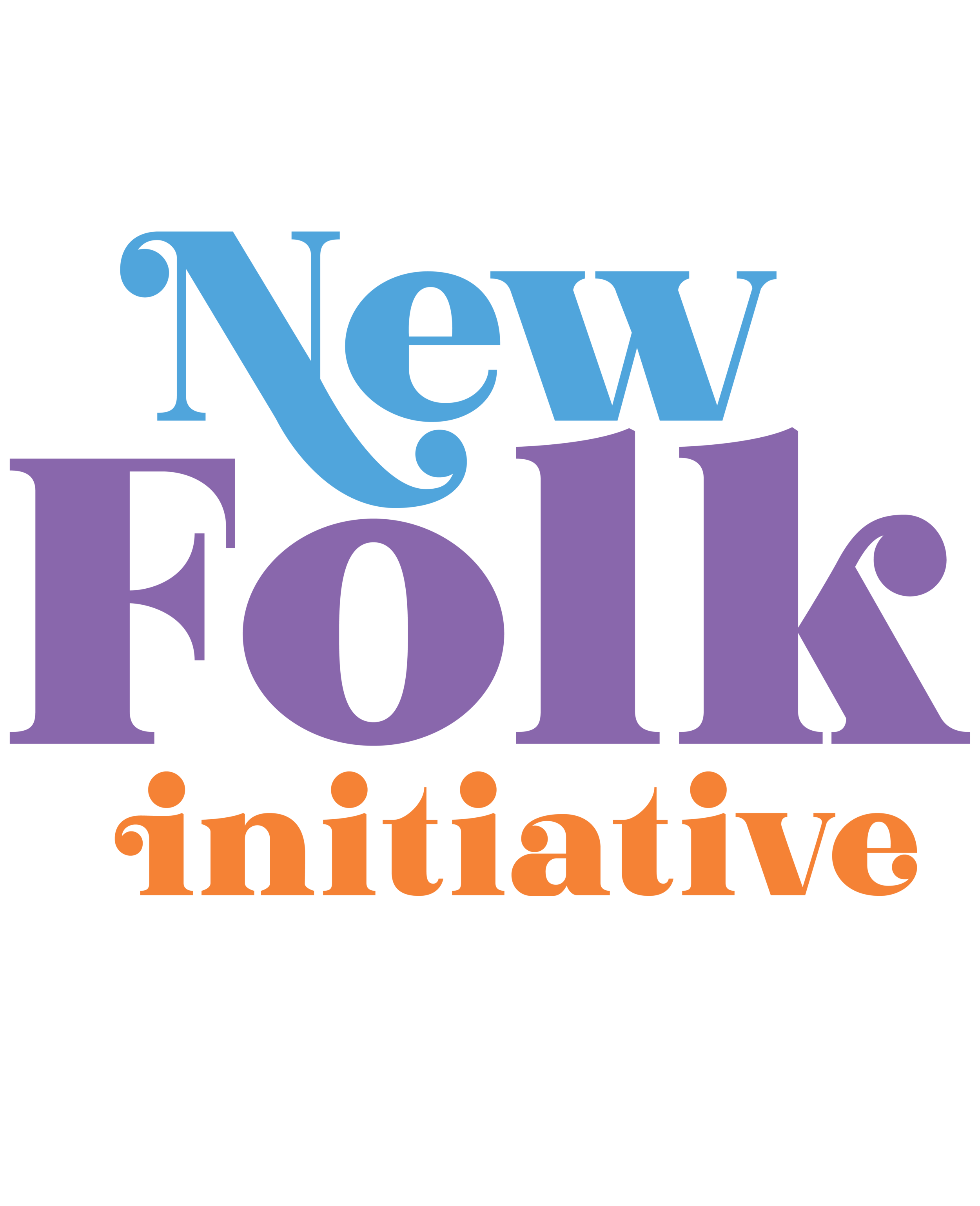Folk Alliance 2021 Recap
FOLK ALLIANCE RECAP
For 10 years or more, I’ve spent a week in February convening with the folk community (artists, managers, agents, presenters, even DJs). We’ve met in hotels in Memphis, Kansas City, Toronto, Montreal, and last year, New Orleans (where it was moved to January to avoid Mardi Gras, back when that happened!). This year, when the thought of cramming several thousand people into hotel hallways was a non-starter, the Folk Alliance International conference went online, and the results were surprisingly good.
Recognizing that so much of the music community has suffered financial hardship in the past year, FAI made this year’s conference a voluntary “pay-as-you-go” enterprise, with the theme “Folk Unlocked.” The idea was to recreate the experience as closely as possible, using Zoom and other online platforms. There were panels on anti-racism, songwriting, leveraging livestreams, etc. There was a fascinating discussion between Margaret Atwood and Anais Mitchell. There were several opportunities for folk DJs to connect and one “speed dating” session where artists selected at random were given the chance to do a 60-second “elevator pitch” about their music for DJs. (My old friend Christine Lavin did a great job moderately it.) There was even a virtual platform called Bramble to give the experience of meeting people in the hotel lobby.
All of that was well and good, but for me the raison d’etre of FAI has always been music discovery. As in years past, you could choose among Spotlight Showcases, sponsored by a label, festival, genre, musical region or country for three hours in the late afternoon, followed by Unlocked Showcases of varying lengths with artists, by themselves or in groups, well past midnight. Rather than traipsing from room to room in the hotel, I could enjoy the music from the comfort of my home to the artists’ and quickly switch from one showcase to another. We were all spared the burden of travel and hotel expenses, but we lost the interplay of live performance and could only experience the camaraderie of the folk community through the chat function.
Over four nights I listened to performances of varying lengths by practically 100 artists from all over the world. Some favorite female artists from the U.S. included newcomers (to me) Erin Ivey (from Texas), Joy Zimmerman (from Kansas), Kaiti Jones (from Boston), Jaspar Lepak (from Seattle), and Becky Buller (from Nashville). Ones I’ve enjoyed before included Anna Tivel (from Portland) and Kelly Hunt (from Kansas City), plus recent “On Your Radar” alums Alisa Amador (from Boston) and Raye Zaragoza (from L.A.). A special shout out to women of color: Joy Oladokun (from Nashville) and Crys Matthews (with Heather Mae, from D.C.).
Texan James Lee Baker and N.C. veteran Rod Abernethy were impressive among the men, as was the Fox Run Five (the pickup studio group formed by Neale Eckstein, Eric Schwartz, Matt Nakoa, Tom Prasada-Rao, and Jagoda). Among the standout American groups were Buffalo Rose (a six-piece string band with great vocals from Pittsburgh), the all-vocal quartet Windborne (who emerged last year), and The Accidentals (a young female trio from Michigan who created a buzz a couple of years ago). Three other women from the South, Bettysoo, Rebecca Loebe, and Grace Pettis, have lent their voices to a trio they call Nobody’s Girl.
There are always good male-female duos. Some noteworthy ones this year included Wes Weddell and Ailisa Newhall (from Seattle), The War and Treaty (from Nashville, favorites a couple of years ago), and Adrian & Meredith (also from Nashville). One of the duos, The Big Little Lions, literally crosses borders (between B.C. and Ohio).
Speaking of borders, there is always a large International presence at Folk Alliance. From the Canadian Maritimes, I enjoyed Ian Foster & Nancy Hynes (from Newfoundland) and especially Terra Spencer and Kristen Martell (both from Nova Scotia). The U.K. was well represented with female singers Dani Larkin (Ireland), Kim Edgar, and Siobhan Miller (both Scotland) and the groups Talisk (from Ireland) and Klezmer-ish (from Liverpool).
There’s no shortage of Australian talent, and this year they could showcase from Down Under. Among the men I was particularly impressed with Hamish Anderson and from the women Kerryn Fields. One of the truly outstanding groups of the weeks was The Heart Collectors, a Celtic-influenced “epic folk” band.
While trying to concentrate on new names, I can’t resist checking in on old favorites. This year some of those included Ellis Delaney, Carsie Blanton, Danny Schmidt and Carrie Elkin, Suzie Vinnick, Diana Jones, Mark Erelli, and Birds of Chicago. That’s just the tip of the iceberg. Forgive me, space doesn’t allow me to mention everybody.
Before wrapping up, let me acknowledge some of the International Folk Music Award winners: Kronos Quartet for Album of the Year (for Long Time Passing: Kronos Quartet and Friends Celebrate Pete Seeger), Eliza Gilkyson for Song of the Year (for “Peace in Our Hearts”), the War and Treaty for Artist of the Year, Raye Zaragoza for Rising Tide (a new award for artists under 30), Reggie Harris for a Spirit of Folk Award, and Jackson Browne for the People’s Voice (a form of lifetime achievement).
In the end, it was quite an achievement of the Folk Alliance staff and board to pull off the conference under the circumstance and a testament to the folk community to support the work of so many artists. As we like to say at WFUV, “Music makes the world a better place!”
